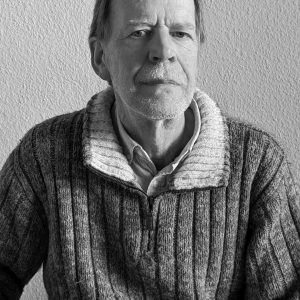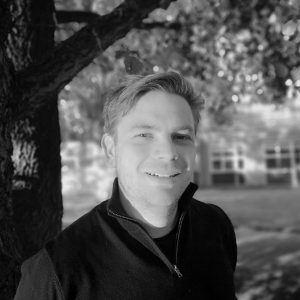
Facts and Propositions, Trueman-style

Truth without Dependence
In a recent book Robert Trueman develops a version of the identity theory of truth, the theory that true propositions are not in some kind of correspondence with, but are rather identical with, facts. He claims that this theory ‘collapses the gap between mind and world’. Whether it does so will obviously depend on how the theory is to be understood, which in turn depends on the argumentative route to it. Trueman’s route is clear, rigorous, and free of extravagant assumptions. Perhaps because of those merits it seems obvious that it falls short of the claim he makes for it. But there are difficult questions about the nature of the shortfall and about what in the character of Trueman’s philosophical approach prevents him from appreciating it. The paper explores those questions through a comparison with Moore’s ‘original’ identity theory and the Idealist philosophy he directed it against.
According to the Dependency Theory, truths asymmetrically depend on the world, in the following sense: true propositions are true because the world makes them true. The Dependency Theory strikes many philosophers as incontrovertible, but in this paper, I reject it. I begin, in Section 1, by presenting a problem for the Dependency Theory. Then, in Sections 2 and 3, I develop an alternative to the Dependency Theory which avoids that problem. This alternative is an immodest Identity Theory of Truth, and I end the paper, in Section 4, by responding to Dodd’s charge that immodest Identity Theories are incoherent.
Peter Sullivan completed his graduate study at Oxford under the supervision of Michael Dummett, and after teaching there for a few years as a fellow of Lady Margaret Hall moved in 1993 to the University of Stirling, where he has taught ever since. For a long time the main focus of his research was Wittgenstein’s Tractatus, and as well as publishing papers on various detailed aspects of its interpretation he aimed, as leader of a major AHRC-supported research project in 2003-6, to find a way of approaching the book not constrained by the over-familiar dichotomies that have structured recent discussion of it. From the Tractatus his interests naturally spread to the other major figures in the history of analytic philosophy, leading to papers on Frege, Russell, and Ramsey. A constant concern has been to understand the relation of their work to the Kantian tradition and in the past couple of years that concern has come to focus on the British origins of the movement, in Moore’s and Russell’s revolt against the Idealists – with the effect that most of his philosophical thinking and writing time is now devoted to Bradley’s work.
Robert Trueman is Lecturer in Philosophy at the University of York. He is the author of numerous articles on philosophical logic, metaphysics, and early analytic philosophy, in journals including Philosophical Studies, Australasian Journal of Philosophy, and Mind. In 2021, he published a book, Properties and Propositions (CUP), in which he defends a Fregean brand of realism about properties, and an Identity Theory of truth and facts.
The Aristotelian Society, founded in 1880, is a charity registered in the United Kingdom (no. 254021).
© The Aristotelian Society 2021. All rights reserved.